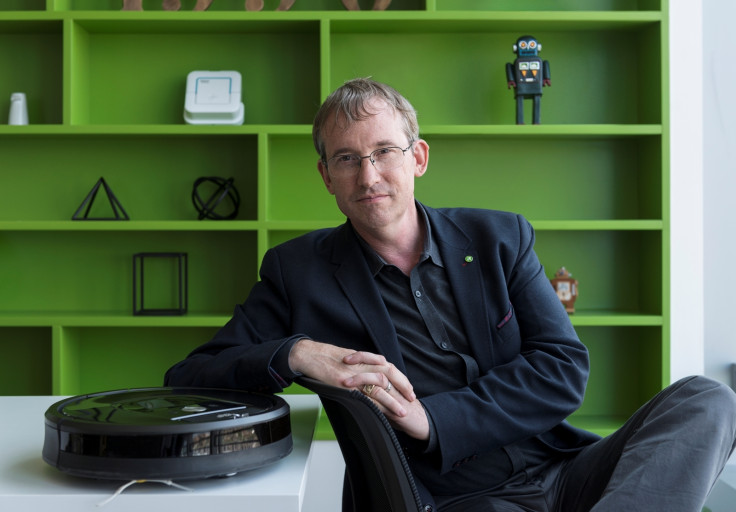Roomba makers want to sell maps of homes to tech companies
iRobot claims it will expand the possible services that smart home makers can offer.

The makers of automated home vacuuming system Roomba, want to sell maps of users' homes and integrate them to other IoT products like thermostats and lights.
iRobot was one of the first to create a robot — which it called a Roomba — that can be used indoors by households. Since its release in 2002, these robots have grown in technology and capability and can now map homes, connect to users' phones through an app and keep them updated on their activities. The most recent generation of Roombas can even be controlled through Amazon's Alexa.
The company has now decided that all of the data that they have collected over time can be put to use by creators of smart home systems. Microsoft and Google are coming up with their own versions of connected home devices, but are still not as smart as they can be, according to iRobot.
In an interview with Reuters, Colin Angle, chief executive of iRobot, said that smart home technology is, "still dumb when it comes to understanding their physical environment".
Roomba models with the technology to physically map users' homes can open an "ecosystem of things and services that the smart home can deliver once you have a rich map of the home" he said.
Smart home systems are touted to grow by 60% in 2017 according to financial research firm IHS Markit.
The robotic vacuum was first built as a device to detect and defuse bombs and later transformed into an IR sensor-based in-house cleaning device. In 2005, Roomba got a major bump in features with a camera, a number of new sensors and the ability to intelligently map out the homes it is tasked with cleaning.
Top end models have what iRobot calls "Simultaneous localization and mapping (SLAM)", which collects actual physical data on the location of furniture, the distance between walls, type of furniture, its size, and also the presence of people and pets. The company claims that if the battery runs low on a cleaning round, its Roomba can go charge itself and come back to the same spot to continue cleaning.
All of this is useful information that the Big Three (Alphabet, Microsoft, and Amazon) could be very interested in. Guy Hoffman, a robotics professor at Cornell University, said that maps to this level of detail can cause a major breakthrough for makers of smart home systems. He said that connected home systems can be likened to a "tourist in New York who never leaves the subway", in the way they work now. Given they have limited information and work within set parameters, they are "missing a lot of context for what's happening outside", he said.
Angle also made it clear that, "iRobot would not sell data without its customers' permission".
© Copyright IBTimes 2025. All rights reserved.





















